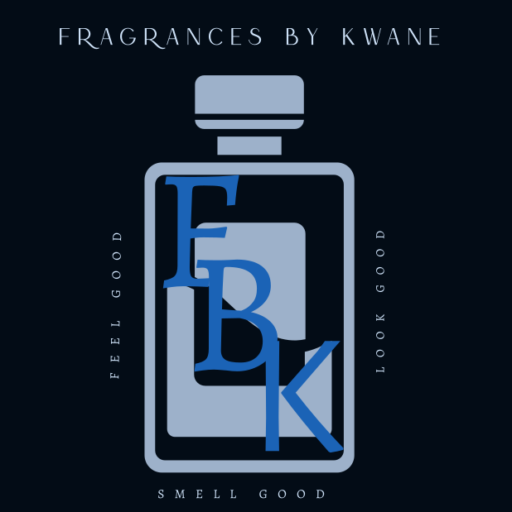Rosemary essential oil is highly favored among cerebrally focused individuals. That’s because both traditional folk medicine and modern scientific studies are showing the benefits of rosemary for focus, memory and alertness. Currently, it is being investigated as a potential weapon in the fight against Alzheimer’s.
The actual essential oil is stimulating and intensely woodsy and herbal. Derived from an evergreen shrub that had its origins in the Asian continent rosemary cultivation has now expanded across the globe. Rosemary (also known as the dew of the sea, sea dew and guardrobe) oil is harvested from the shrub’s flowers using a process known as steam distillation.
How & Why Rosemary Oil Gets Used
In ancient times, a number of cultures and religions believed that rosemary was a sacred plant – one with powers and properties to ward off evil spirits and intentions. It was often employed in rituals of protection, purification, love and intellect.
Rosemary oil can be used “neat” – on a cloth, cotton ball or using aromatherapy inhalers. Diffusers and vaporizers are also popular dispersion methods. The essential oil can also be added to shampoos, body butters, massage oils or even added directly to your bath, with or without Epsom salts.
Depending on the application method employed, rosemary has been prized in a host of uncomfortable situations, including:
- Arthritis
- Circulation problems
- Gout
- Intestinal troubles
- Mental fatigue
- Stress
- Migraines and other headaches
- Muscle pain
- Respiratory issues
- Skin inflammation and puffiness
- Varicose Veins
- Thinning Hair
- An immune booster
- Indigestion aid
- Coughs, colds and flu-like symptoms
- As a study aid and memory tool
Rosemary oil has also been used to treat dandruff, to stimulate hair growth, as a mouthwash and to treat problems like cellulite and stretch marks. As an added bonus, rosemary has also been shown as an effective insect repellant.
Perfect Rosemary Pairings
Rosemary can be great all alone. It’s a common favorite among members of both sexes and depending on who it is for, can be made more masculine or feminine based upon which complimentary oils you pair it with. Prime candidates include bergamot, cedarwood, cinnamon, cypress, citronella, geranium, hyssop, lavender, neroli, nutmeg, peppermint, spearmint and thyme.
Rosemary Risks
Essential oils are very volatile and have powerful properties that can prove hazardous to your health. It’s a good idea to consult with your medical practitioner before launching an aromatherapy protocol.
Those at the greatest risk in regards to rosemary usage include pregnant women, those who suffer from epilepsy and those battling high blood pressure.



